The Tatla Primary Fuel Break (the Tatla PFB) was wrapped up in the spring of 2022 after approximately three years of planning, consultation, field work and implementation.
The Tatla PFB was carried out through funding provided by Forest Enhancement Society of BC (FESBC) and the BC Community Forests association. The funding source was directed to complete Wildfire Hazard Reduction treatments in three distinct areas near the community of Tatla Lake:
- East from Patterson Lake Provincial Park to Tatlayoko Road along the Old Bluff Lake Road.
- North-east from Tatlayoko Road to Rifle Range Road and Highway 20.
- North from Highway 20, along the Smokey Lake FSR to the south end of Marten Lake.
The goal of the Tatla PFB was to reduce wildfire risk on a large landscape-level primary fuel break west, south and east of the community of Tatla Lake. Post harvest mechanical and manual fuel treatments created a fuel break that will significantly alter fire behaviour and intensity and reduce the risk of a wildfire spreading to other resource values. Fuel treatments have reduced potential crown fire initiation, fire intensity and crown fire spread on areas near the community and near roads important for ingress and egress.
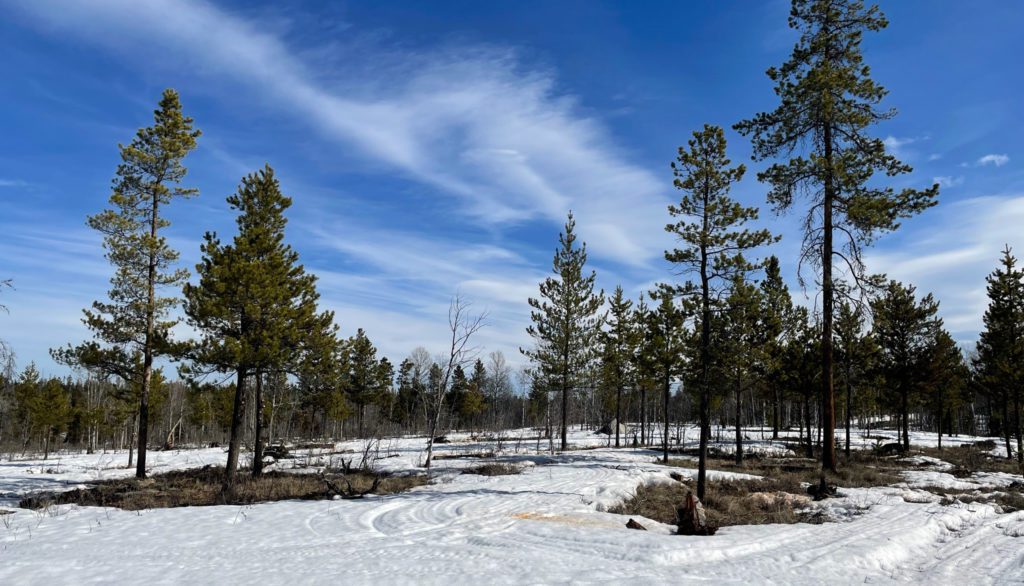
Throughout the Tatla PFB, a combination of strategies and methods were utilized to achieve the goals of the fuel treatments. These strategies and methods included:
- Modifying stand structure to reduce fuels available in the event of a wildfire;
- Creating or improving crown separation;
- Falling and treating dead stems;
- Removing all thickets of regeneration;
- Retaining deciduous stems in all layers;
- Reducing surface fuel material by debris piling and burning.
The Eniyud Community Forest has successfully collaborated with the BC Wildfire Service, First Nations, the Cariboo-Chilcotin Natural Resource District and the community of Tatla Lake to mitigate wildfire risks in this area.
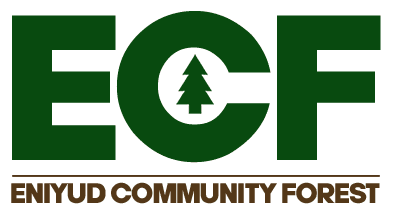
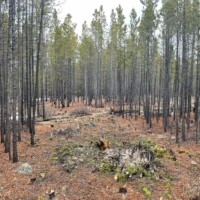
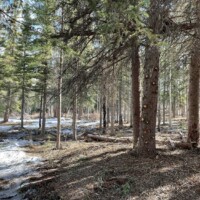
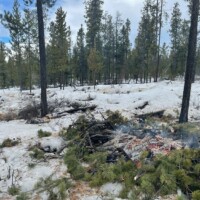
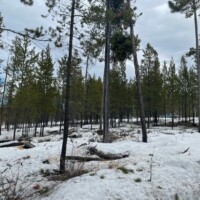
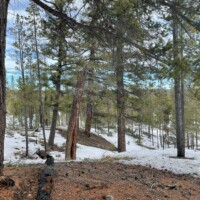
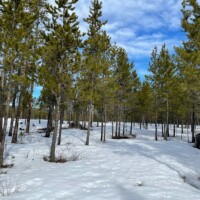
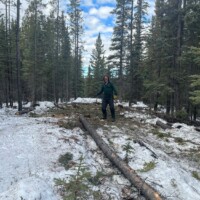
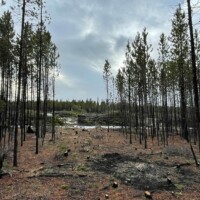
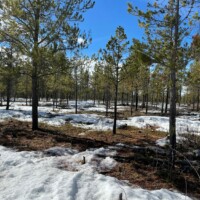
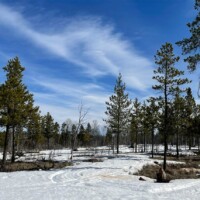
 FESBC – Wildfire Treatment Commencement
FESBC – Wildfire Treatment Commencement